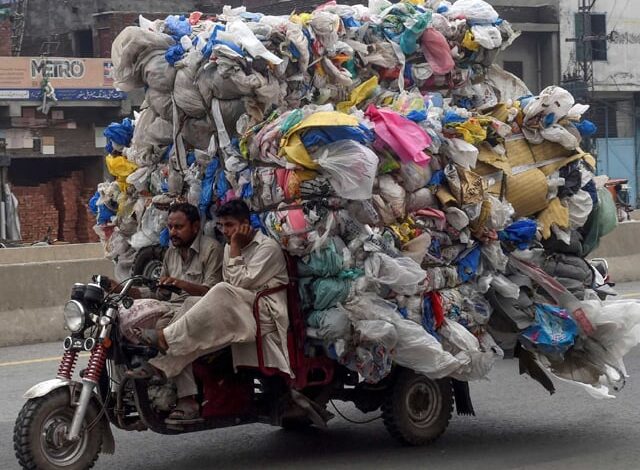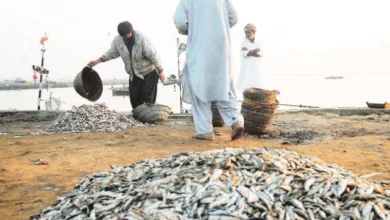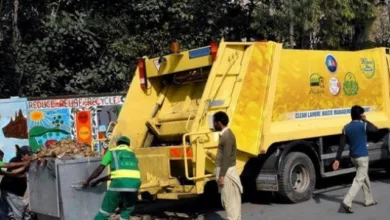‘Hungry’ bacteria may hold key to tackling plastic waste crisis

Scientists discovered that 20% of the Streptomyces bacterial strains could degrade specific forms of plastic
Microscopic organisms could become the new secret weapon in the fight against plastic pollution. Recent studies reveal that certain bacteria can break down plastic into smaller particles, potentially integrating back into the recycling process.
This promising discovery provides new hope in addressing plastic waste, one of the most pressing environmental crises of the 21st century.
Researchers at Leiden University compiled a vast repository of Streptomyces bacteria, initially intended for discovering novel antibiotics. PhD candidate Jo-Anne Verschoor found a compelling alternative use for these microorganisms. As she approached the end of her doctorate program, Verschoor explored how these bacteria could tackle the global plastic problem.
She discovered that 20% of the bacterial strains could degrade specific forms of plastic. This groundbreaking finding suggests that microbes could become valuable allies in environmental conservation.
Read: Plastic pollution threatens Pakistan’s climate goals
The bacteria used in the study were not initially selected for their ability to break down plastic, providing a neutral set of bacteria for analysis. This allowed researchers to observe the effects of various substances and conditions on their ability to decompose PET plastic, commonly found in food packaging and drink bottles.
“Bacteria are just like people,” said Verschoor. In lab settings, researchers introduced plastic models to bacteria-filled plates and observed that starving bacteria would indeed devour the plastic pieces.
Verschoor’s research made two major discoveries: 18% of the bacterial strains could degrade plastics under the right conditions, and the presence of a gene called Lipase A significantly boosted this process.
The horizon of bacteria-based plastic recycling looks promising, with potential large-scale applications. French company Carbios is pioneering the use of bacteria and their enzymes for industrial-scale plastic recycling.
While these lab-based discoveries are groundbreaking, translating them into real-world applications presents challenges. Scaling up bacterial plastic degradation requires scientific innovation, as well as logistical and economic considerations.
Interdisciplinary collaborations between engineers, environmental scientists, and policymakers will be crucial. Potential applications include integrating these bacteria into waste management facilities, creating bioreactors for plastic breakdown, and developing consumer products incorporating bacterial enzymes.
Public awareness and education are also essential for the success of these innovations. Societies must be informed about the benefits and limitations of bacteria-based plastic degradation.
With continued research, collaboration, and public support, the potential for bacteria to revolutionize plastic recycling is immense. The study is published in the journal Communications Biology.
Source link



